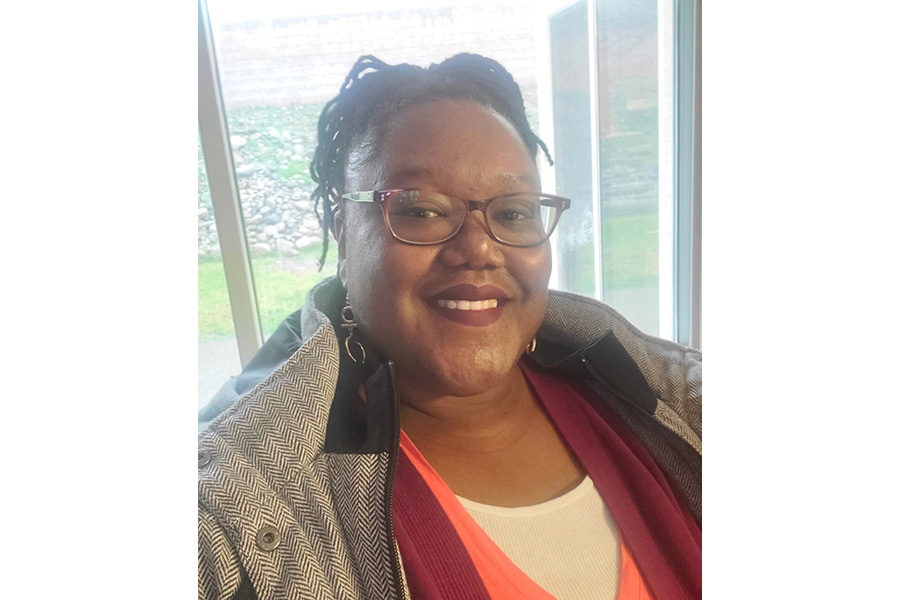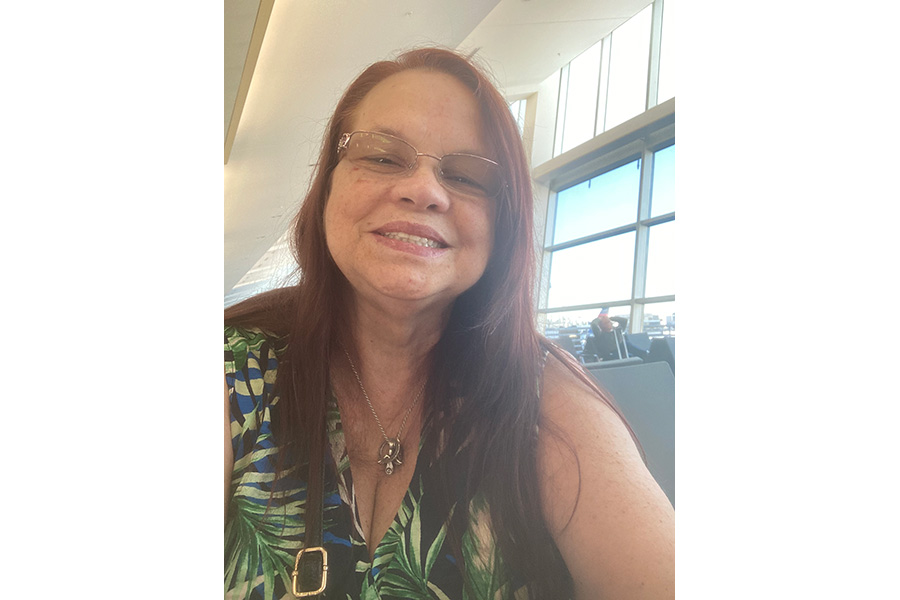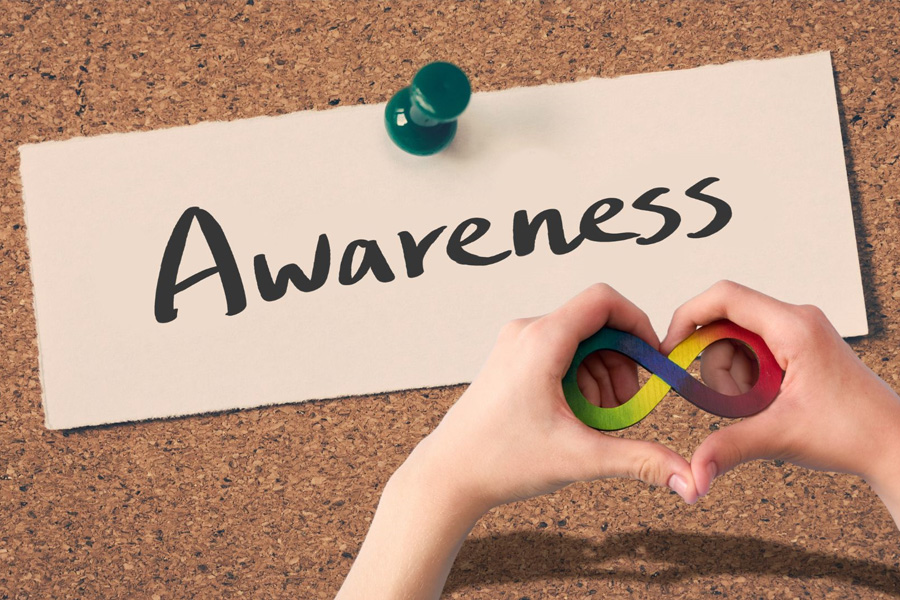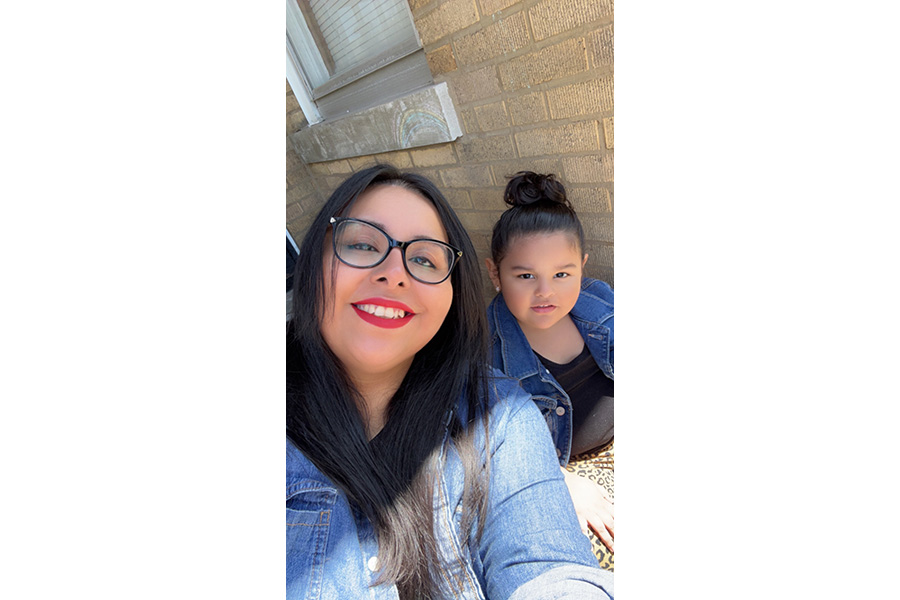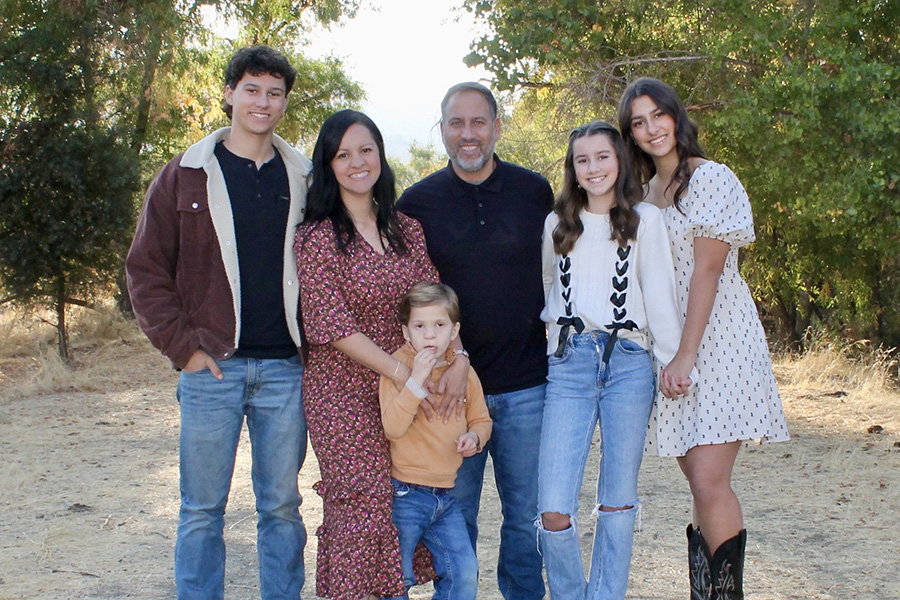Early this week one of my son Alex’s special education teachers emailed us with the news that one of his classmates had died. Since we are doing virtual learning, and have been since March, he has not seen this friend in person for quite some time, but before that, they were close buddies with much in common.
With scant details, we tried to help piece together a story for Alex about his friend, and my husband broke the news to him. Imagine our surprise when, as my husband teared up sharing the news, Alex smiled and comforted him, then went about his business. Later that day, I asked Alex about his friend, and Alex acknowledged what his dad had told him with a smile. I asked if he would like to do something nice for the family of his friend, “because they must be awfully sad” and Alex decided he would like to send a card.
Later that day, my husband and I were puzzled as we compared stories of our conversations with Alex. We’d expected great sadness and tears, so his nonchalant acceptance of the news was startling. With a shrug, we both admitted we weren’t sure how to help him handle the death, especially with the Coronavirus preventing us from taking Alex to a visitation to see his friend’s family whom he has known over the years.
It wasn’t until the next day when I literally tripped over the answer. My cat had knocked a book off of the shelf, and there is was on the floor in front of me, “Mental Wellness In Adults With Down Syndrome”, by Dennis McGuire, Ph.D. & Brian Chicoine, M.D. Having previously read the book in it’s entirety, I remembered that it contained a section on grief, and looked it up.
As it turns out, our son is not so unusual. Often, people with Down syndrome experience grief differently than we expect, notably a delayed reaction to the news of a death is common. After re-reading the section, we created a game plan for supporting Alex through the process of understanding and coping with the loss of his friend, including frequent, brief conversations about the friend and his death, using a social story to help him understand, and indeed sending that card to his friend’s family. We plan to continue with the supportive conversations for months if necessary, to ensure that Alex is able to process the loss of a person in his life and to help him build the skills to cope with grief in general.
As with many things in our lives, this episode didn’t unfold as we originally expected. We had to shift our expectations, and use our resources to reconsider the best way to support our son with the loss of his friend. We still don’t know how this will all play out, and that’s okay, we’re following Alex’s lead, and trust ourselves to adjust as needed. It seems we’re often surprised, but we always figure out how to adapt, and if that’s not the story of families impacted by disabilities, I don’t know what is.

Alethea Mshar is a Special Needs Mom and Blogger.
Read her blog, Ben’s Writing, Running Mom
Follow her on Facebook








